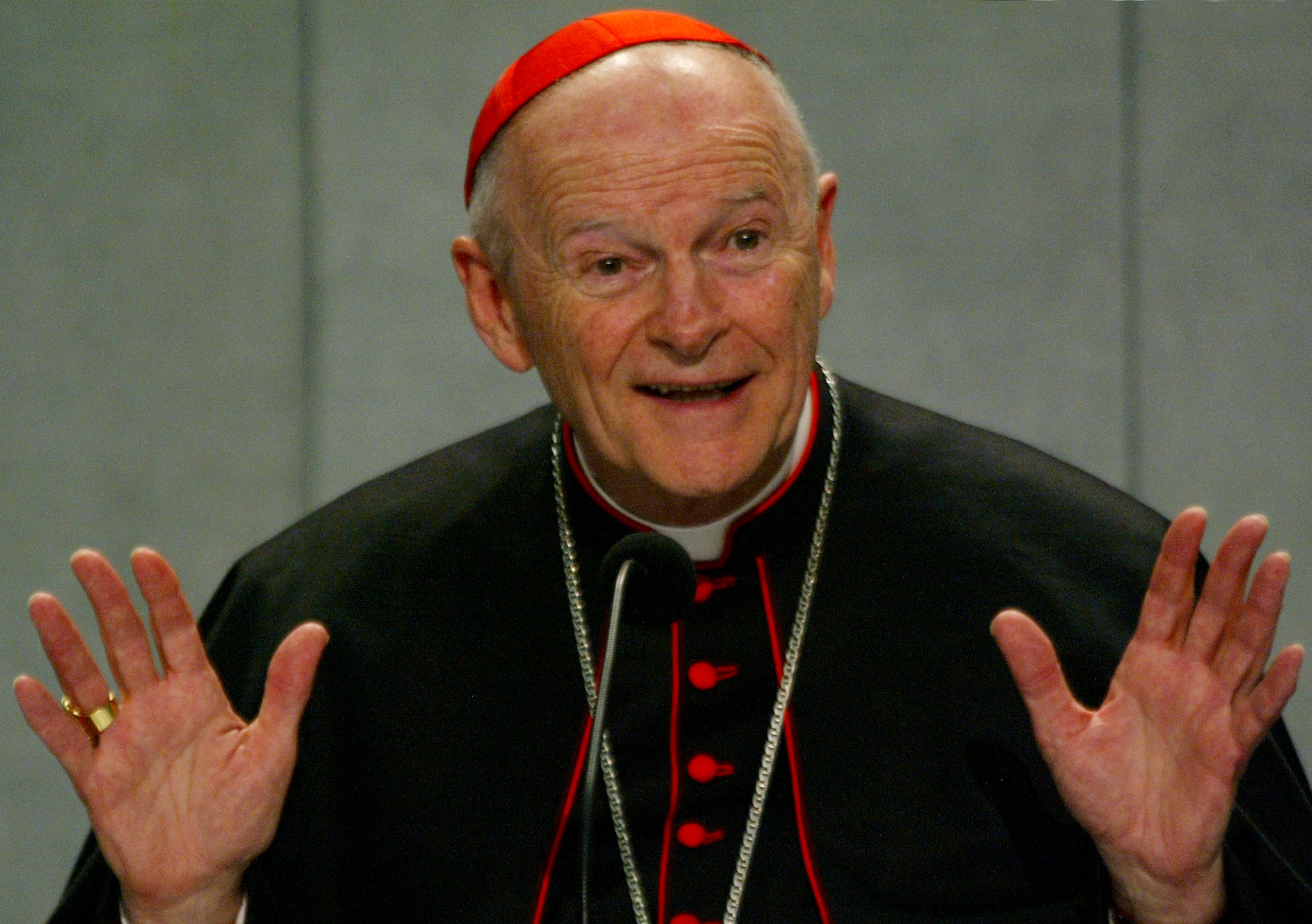
John L. Allen Jr. and Ines San Martin
ROME (Crux) – Pope Francis has ordered that an investigation by the Archdiocese of New York into sex abuse allegations against ex-Cardinal Theodore McCarrick be combined with a “thorough study of the entire documentation present in the archives of the dicasteries and offices of the Holy See” in order to ascertain “all the relevant facts, to place them in their historical context and to evaluate them objectively.”
How or when the results of that review might be communicated wasn’t made clear, although a Vatican statement on Saturday said that conclusions will be revealed “in due course.”
The Holy See is conscious that, “from the examination of the facts and of the circumstances, it may emerge that choices were taken that would not be consonant with a contemporary approach to such issues,” that statement said.
“Both abuse and its cover-up can no longer be tolerated and a different treatment for Bishops who have committed or covered up abuse, in fact represents a form of clericalism that is no longer acceptable,” it said.
According to the statement, Francis has been monitoring the Archbishop McCarrick situation for more than a year.
“In September 2017, the Archdiocese of New York notified the Holy See that a man had accused former Cardinal McCarrick of having abused him in the 1970s,” it said. “The Holy Father ordered a thorough preliminary investigation into this, which was carried out by the Archdiocese of New York, at the conclusion of which the relative documentation was forwarded to the Congregation for the Doctrine of the Faith.”
“In the meantime, because grave indications emerged during the course of the investigation, the Holy Father accepted the resignation of Archbishop McCarrick from the College of Cardinals, prohibiting him by order from exercising public ministry, and obliging him to lead a life of prayer and penance,” it said.
The statement comes against the backdrop of mounting concerns about Francis’s own role in the McCarrick scandals.
Just over a month ago, a former papal envoy in the U.S. accused Francis of knowing about sexual misconduct concerns against the former cardinal as early as June 2013 and ignoring them. Francis originally refused to address the allegations, telling reporters aboard his return flight to Rome from Ireland on August 26 that “I won’t say a word.”
Since then, the leadership of the U.S. bishops’ conference has come to Rome to ask that Francis sign off on an apostolic visitation, meaning a Vatican investigation, to get to the bottom of the McCarrick case, a request that Francis turned down.
At the moment, the U.S. bishops are attempting to find other ways to secure Vatican involvement in a probe of the four American dioceses where Archbishop McCarrick’s priestly career played out: New York, Metuchen, Newark, and Washington.
“The Holy Father Pope Francis renews his pressing invitation to unite forces to fight against the grave scourge of abuse within and beyond the Church, and to prevent such crimes from being committed in the future to the harm of the most innocent and most vulnerable in society,” Saturday’s statement said.
“As previously made known, the Holy Father has convened a meeting of the presidents of the bishops’ conferences from around the world for next February,” it said.
The former cardinal is now living in a Capuchin friary in remote western Kansas, where he’s living a life of penitence and prayer as he awaits the results of the canonical trial the Vatican announced would take place after Francis accepted Archbishop McCarrick’s resignation from the College of Cardinals.
In June the Archdiocese of New York had announced that allegations of sexual abuse against Archbishop McCarrick had been deemed “credible and substantiated,” following an investigation by an archdiocesan review board.
The victim was a 16-year-old altar boy who accused Archbishop McCarrick of abusing him at St. Patrick’s Cathedral in 1971 and 1972, while he was still a priest for the archdiocese of New York.

Why would the Vatican suggest that these offences and clericalism must be viewed in their historical context. What is a sin, and even a crime, today was a sin and crime 50 years ago, a hundred years ago, two thousand years ago and before.
” in their historical context “? Does this mean Who knew What,Where and When?